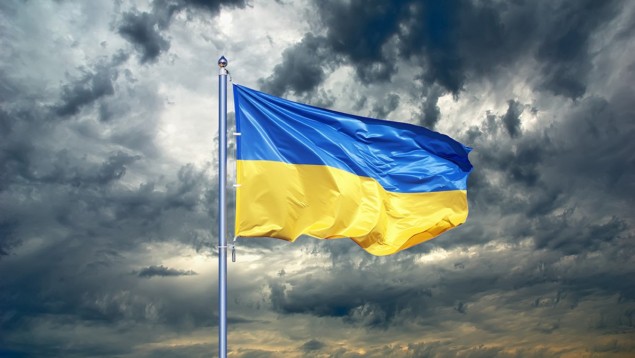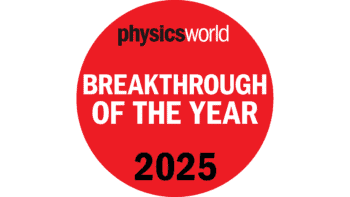
I woke up in Germany at 5 a.m. CET on Thursday 24 February 2022, two hours after the first bombs had landed in my hometown Kyiv. The day before in a group meeting at the University of Bayreuth, my PhD supervisor asked my wife (also a PhD student) and me if we were scared about the situation in Ukraine. My wife said that she was worried about her parents and possible war. I was calm; I believed no-one could be so insane as to start a war in Europe in the 21st century.
Early Thursday morning my wife was sleeping and I decided not to wake her up, she deserved to have a few more hours of peace. I immediately messaged both our parents, but no-one answered.
We spent the entire morning writing invitation letters so our parents could come to Germany. I also wrote to my PhD supervisor to get some documents confirming our status to help our parents cross borders. He responded quickly and said that we should stay at home and do everything possible to help our families.
We scrolled through Telegram channels all day, monitoring the situation
The first day after the conflict began was spent in despair. We were scared of war and knew we could not do anything being so far from Ukraine right now. We scrolled through Telegram channels all day, monitoring the situation. In Ukraine as in the other post-Soviet countries, Telegram is the most popular messaging service and almost everyone uses it. No wonder it became the main source of information for us.
The Ukrainian government created official Telegram channels, where our president Volodymyr Zelensky reports every day about the current situation. In addition, every region of Ukraine has an official channel, where they try to report about the status of each region. People began to organize themselves through Telegram to attack Russian propaganda websites and send photos of Russian military columns moving through Ukraine to military officials to guide attacks.
Sleeping in a corridor
The next day I wrote to my former undergraduate adviser. He was in Ukraine with his family in the centre of Kyiv. I was happy to discover that he is now supervising a friend, who is doing a PhD with him. However, life is not normal: my adviser’s family is sleeping in the corridor of their building so that they as far from the windows as possible. Nevertheless, he was optimistic. I told him that the deadline for nominations for the Philipp Schwartz Initiative of the Alexander von Humboldt Foundation has been extended until 18 March for Ukrainian scientists. This is a programme for scientists who face considerable and ongoing personal danger in their home countries, inviting them to work in Germany. I also told him that I could help him with finding a host at my German university. He told me that he would do it only if Russia occupies Ukraine, otherwise he is going to stay.
On the third day after war began, our despair had been replaced by anger
On Sunday 27 February, the third day after war began, our despair had been replaced by anger. We were angry about war; angry about the fact that we cannot do anything except donate to the Ukrainian cause; angry about the bomb attacks; and angry about Russia’s president Putin.
Ukraine crisis: updates on the response from the physics and astronomy community
Our university began to stir. On the Bayreuth campus, students started collecting warm clothes and medicine for people in Ukraine. My wife received an e-mail from a professor she met only once who said he would be happy to accept students from Ukraine for short research visits and asked for help to spread the news. In social networks, I started seeing more and more research groups worldwide encouraging Ukrainian students and scientists to apply for internships and visits.
Ukrainian science has been declining steadily following the collapse of the Soviet Union, funding is scarce and corruption has been eating into what little money is left. The equipment is old and researchers have to wait a long time to make measurements and do experiments. I remember how proud the scientists from a Ukrainian research institute were when they showed us an electron microscope that they received as a gift from Japan in the early 1980s.
I believe that Ukrainian science will rise in the future, as a part of the European scientific family
What is happening in Ukraine is a tragedy, but people all over the world are helping and the scientific community is no exception. Science should not have borders and it is wonderful that more and more science is being done in collaborations. I believe that Ukrainian science will rise in the future, as a part of the European scientific family and the bonds between scientists will grow stronger.




